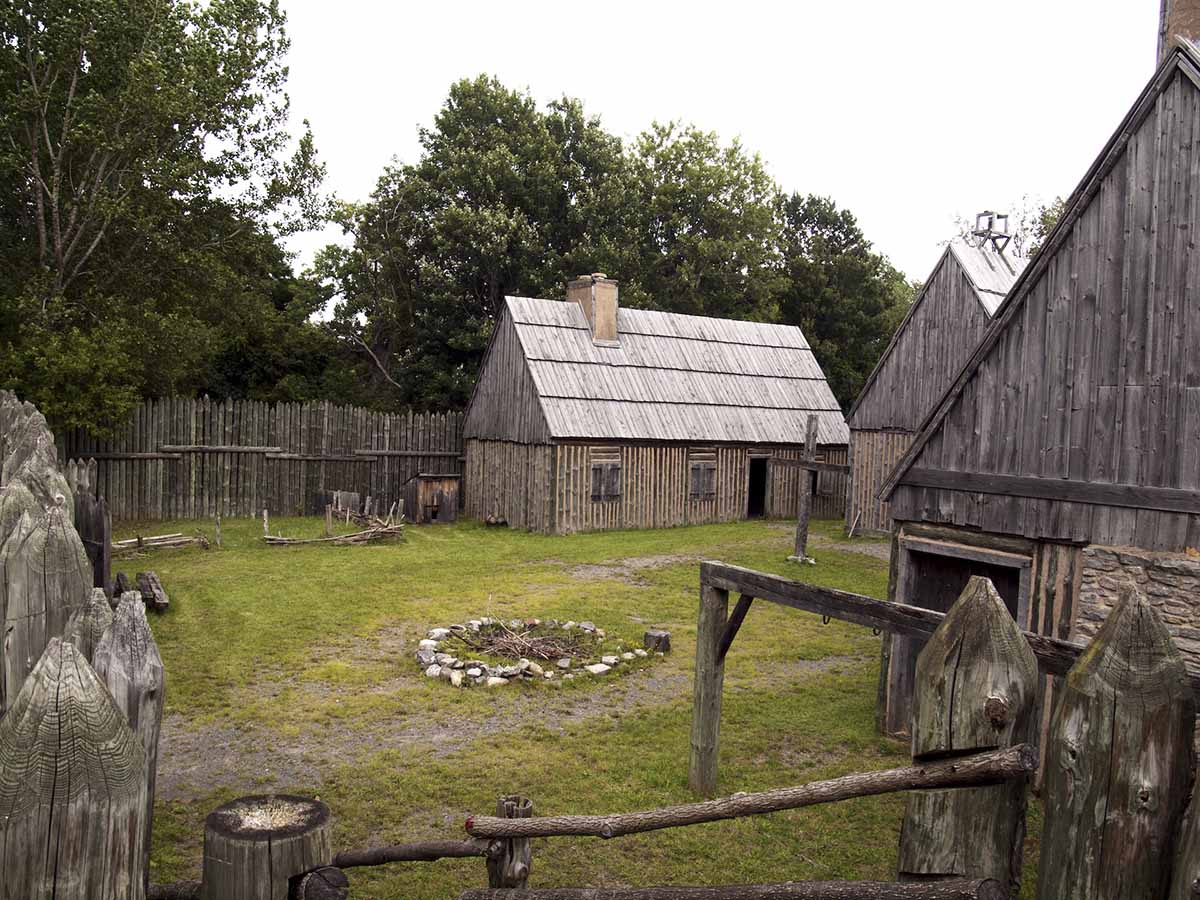‘Unspoken Conspiracy’ - Living within the Resonance of the Doctrine of Discovery
this thesis analyze the perceptions of the Doctrine of Discovery, a religious principle incorporated into law during the Age of Discovery among people within religious organizations and traditional indigenous peoples in, what is today known, as the United States of America. The Doctrine of Discovery originated from 15th century papal bulls, and the directive from the Vatican in the papal bull Dum Diversas was that the Christian duty of explorers (sent out by their Christian Monarchs) was to invade, search out, capture, vanquish and subdue all non-Christians wherever placed. While the Doctrine of Discovery´s presence in courts has been documented by research there has not been much investigation on what the perceptions of the effects of this doctrine is in todays world. The thesis begins with a summary of the worldview behind and the principles set forth in the papal bulls known as Dum Diversas (18 June, 1452), Romanus Pontifex (January 8, 1455) and Inter Caetera (May 4, 1493) as well as the historic background for these papal bulls. It thereafter continues to investigate how the doctrine is perceived among people working with the theme within religious organizations and among traditional indigenous peoples in, what is today known as, the United States. The different perceptions of the effects of the doctrine rests in different worldviews, especially the different ways traditional indigenous and peoples within religious organizations conceive of land. The effect is that people within religious organizations tends to view the Doctrine of Discovery as a doctrine diminishing indigenous peoples human rights, and rights of sovereignty and self determination while the effects seen by traditional indigenous peoples also see the doctrine as diminishing the rights of the environment itself, which is perceived as a living entity with intrinsic value. This difference in perception of the consequences of the Doctrine of Discovery therefore highlights the way religious worldviews have confronted each other in the meeting between the old world and the new world , and how these differences is still present today.
by May-Lisabeth Brew
SUGGESTED CITATION
Download citation formats:
Share on
X Facebook LinkedIn BlueskyDonate today!
Open Access educational resources cost money to produce. Please join the growing number of people supporting The Doctrine of Discovery so we can sustain this work. Please give today.
